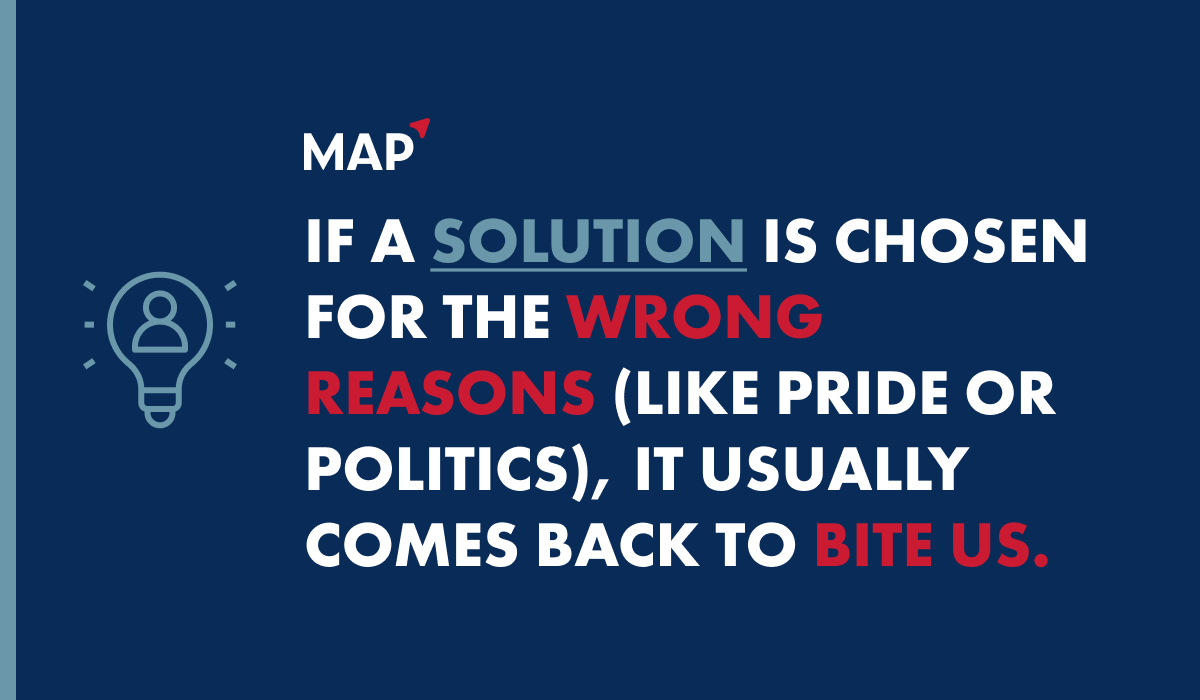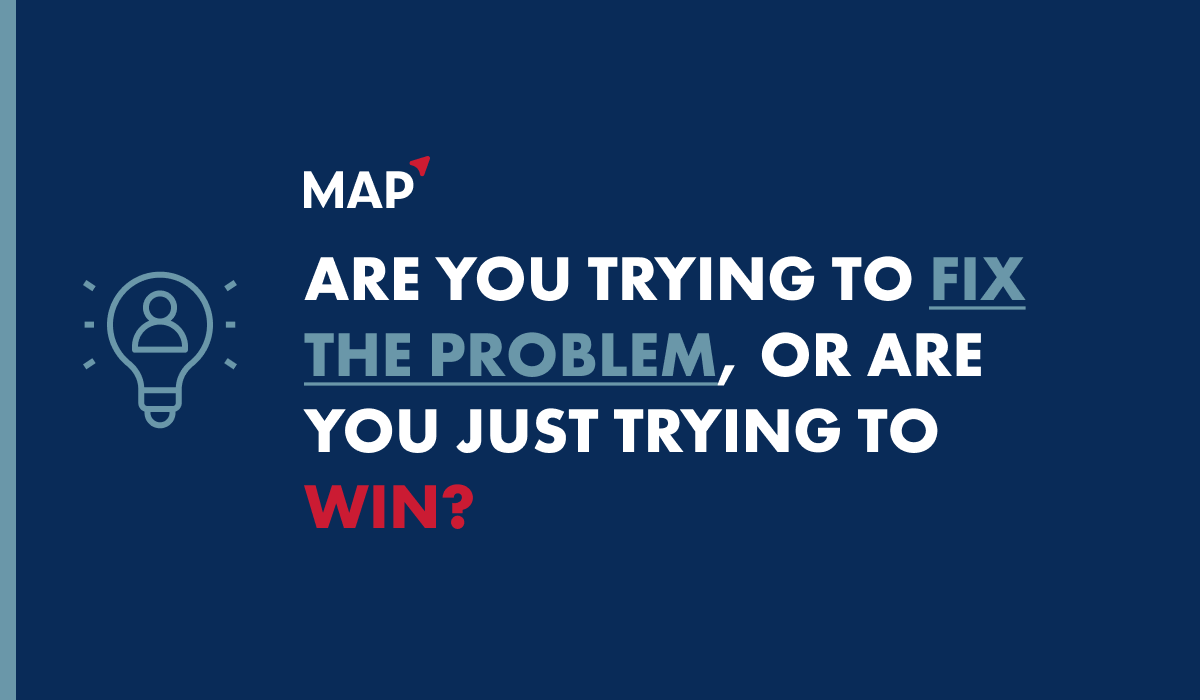Unlocking True Teamwork: Ditch the Need to Be Right and Start Winning Together!
Let’s be real—most of us love being right. There’s something satisfying about proving our point, feeling validated, and showing that we know what we’re talking about. But when being right becomes the goal instead of actually solving the problem, things can go sideways fast. Arguments get personal, egos take over, and suddenly, we’re more focused on defending our stance than finding the best solution. That’s when teamwork takes a hit, morale drops, and progress stalls.
So how do we stop that from happening? Simple: keep the focus on fixing the problem, not proving who’s right.
Why Do We Take Disagreements Personally?
It’s human nature. When we come up with an idea, we get attached to it. It’s like saying, “Hey, this is my brainchild,” and when someone challenges it, it can feel like they’re questioning our intelligence or abilities. That emotional attachment can make it tough to see the bigger picture.

But here’s the thing—if a solution is chosen for the wrong reasons (like pride or politics), it usually comes back to bite us. When problems arise later, people go on the defensive instead of focusing on fixing things. That’s why one of the best ground rules for any workplace is: “Attack the problem, not the person.”
How to Keep the Focus on the Problem
1. Stay Open to Other Ideas
A great workplace thrives on different opinions and fresh perspectives. The best leaders don’t have to be right all the time—they just have to be open to finding the best answers.
Next time you’re in a meeting and someone challenges your idea, resist the urge to shut them down. Instead, take a breath and really listen. Ask questions, get curious, and explore whether their idea might actually work better. This not only leads to better solutions but also earns you respect as a leader who values input from others.
2. Admit When You’re Wrong
Nobody likes admitting they’re wrong, but refusing to do it can make things worse. We’ve all seen people double down on bad ideas, even when the facts say otherwise. It’s frustrating to watch—and even worse to be the one doing it.

Owning up to mistakes doesn’t make you weak. In fact, it makes you a stronger, more credible leader. It shows that you care more about solving the issue than protecting your pride. Plus, when you admit your mistakes, it sets a great example for your team to do the same.
3. Bring Others Into the Decision-Making Process
Just because you’re the leader doesn’t mean you have to make every decision alone. Getting input from your team not only leads to better outcomes but also helps people feel valued and invested in the process.
At MAP, we use a method called “Team Consulting,” which is all about tapping into group intelligence to solve problems. It reinforces the idea that no one has all the answers, and that’s okay. The goal isn’t to be the smartest person in the room—it’s to find the smartest solution together.
How to Tell When a Discussion Has Gotten Personal
- People get defensive. Instead of discussing the issue, they start justifying their stance or blaming others.
- Emotions run high. Raised voices, frustration, or personal jabs start creeping in.
- It turns into a battle of wills. The conversation becomes about winning instead of solving the problem.
- Collaboration stops. People check out, stop contributing, or feel like their opinions don’t matter.

At the end of the day, the goal is to solve problems, not win arguments. When we focus on fixing the issue instead of proving who’s right, we create a culture of collaboration, respect, and better decision-making. So next time you find yourself in a debate, take a step back and ask yourself—am I trying to fix the problem, or am I just trying to win?
Download MAP’s “12 Symptoms of Organizational Misalignment” Checklist.



